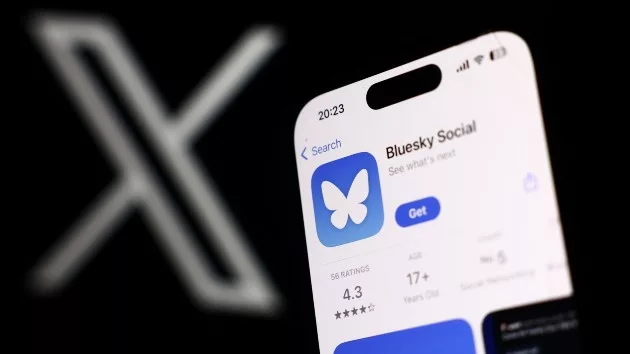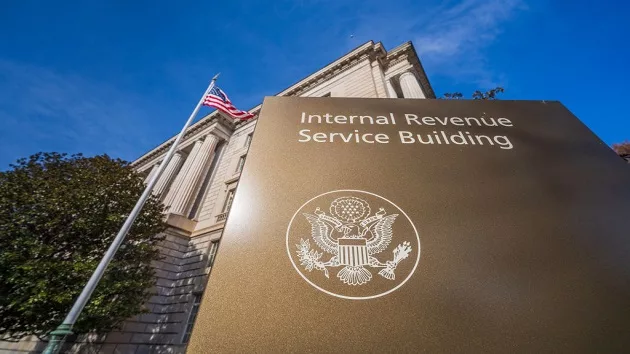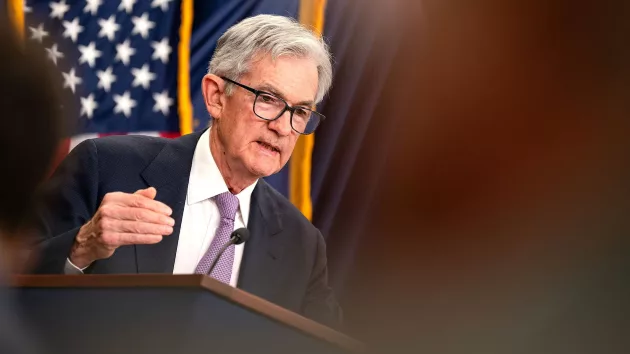
(NEW YORK) — Instagram this week unveiled mandatory accounts for teens that bolster privacy protections, enable parental supervision, and restrict notifications during overnight hours.
New and existing users under the age of 18 will be automatically enrolled in what Instagram is calling “Teen Accounts,” the company said.
The move comes 16 months after U.S. Surgeon General Vivek Murthy warned in an advisory that excessive social media could pose a “profound risk” to the mental health of children. Instagram also has faced pressure from some federal and state lawmakers seeking to regulate social media use among children and teens.
Experts who spoke to ABC News differed about whether Meta’s new restrictions for teen users would effectively mitigate the risks that young Instagram users face.
Some experts applauded the guardrails as a meaningful, though insufficient, step toward preventing teen harm. Others said the absence of robust age verification account measures would allow young users to circumvent the rules, rendering the new settings largely pointless.
In response to an ABC News request for comment, Meta said the company is expanding its efforts to verify the age of teen users.
“We’re requiring teens to verify their age in new ways. For example, if they attempt to create a new account with an adult birthday, we will require them to verify their age in order to use the account,” Meta spokesperson Dani Lever told ABC News.
“We also want to do more to proactively find accounts belonging to teens, even if the account lists an adult birthday. We’re building technology to proactively find these teens and place them in the same protections offered by Teen Account settings,” Lever added.
One expert said the restrictions also risk going too far, potentially limiting the free expression of teens and subjecting them to the control of parents with whom they may disagree about fundamental aspects of their identity.
“We need to be conscientious about the content that platforms are showing kids and how that can shape offline attitudes and behaviors,” Jon-Patrick Allem, a professor of public health at Rutgers University, told ABC News.
Allem added that he is reserving judgment until the changes receive further examination.
The new Teen Accounts were announced by Instagram head Adam Mosseri in a live interview Tuesday on ABC News’ Good Morning America.
“They’re an automatic set of protections for teens that try to proactively address the top concerns that we’ve heard from parents about teens online,” Mosseri told GMA. “Things like who can contact them, what content they see and how much time they spend on their device … all without requiring any involvement from the parent.”
New teen users will automatically be enrolled in Teen Accounts, while existing teen users will see their accounts switch to the new model within 60 days, Mosseri said on GMA.
The new accounts will place users under 18 years old into a private account by default, the company said, while users under age 16 will require parental permission to switch over to a public account. Under the private account setting, teens will need to specifically accept new followers, and only those followers will be able to see their content and interact with them.
With the new accounts, teens also will have the power to choose the age-appropriate topics they want to see more of on Instagram, like sports or art, and parents will also be able to see the topics their teens choose, according to Instagram.
Jonathan Haidt, a social psychologist at New York University and author of The Anxious Generation: How the Great Rewiring of Childhood Is Causing an Epidemic of Mental Illness, offered lukewarm praise for the restrictions in a post on X on Tuesday.
“I am cautiously optimistic about Meta’s new teen accounts,” Haidt said. “Most of the problems with social media will still plague teens on Instagram. But this is a good start, and I hope it is just the first of many steps from Meta.”
Paul Barrett, a professor at New York University Law School and deputy director of the NYU Stern Center for Business and Human Rights, acknowledged that some of the Instagram changes would alleviate harm endured by teens on the platform. However, he added that the move would likely have little impact in the absence of better age verification measures to ensure that teens enroll in the Teen Accounts.
“This points in the right direction,” Barrett told ABC News. But, he added: “None of this is very meaningful until the company does something about age and identity verification. All of the other requirements become ineffective if kids just pretend that they’re adults.”
At least one expert said the changes risk causing some harm by putting too many restrictions on teen Instagram users. For instance, a child’s parents may have different views about fundamental questions of identity, such as whether one should believe in god, Eric Goldman, a professor at Santa Clara University School of Law who studies content moderation, told ABC News. The increased parental supervision in the new accounts could enable such parents to limit their child’s personal growth, he added.
“Parents might have norms about certain behavior for their children,” Goldman said. “This might take away self-expression and self-exploration.”
In general, some children would likely benefit from the changes, while others would suffer harm, he added.
“Groups of children have different needs,” Goldman said. “If it’s a one-size-fits-all solution, some children are likely to benefit and others are likely to be harmed,” though he added that Instagram has the right to make changes that it deems appropriate.
In response to such criticism, Meta said the company worked with relevant stakeholders to strike a balance between user experience and parental involvement.
“We consulted with parents, teens, and experts throughout the process of building Teen Accounts. With these changes, parents decide if teens under 16 can change the built-in settings,” said Lever, of Meta. “This allows teens to use social media to connect with friends, explore and discover, while giving parents peace of mind that their teens have the right protections in place.”
“If Instagram is adopting this because they think it’s the best for users, I support their freedom to set the policies and approach that is right for them,” Goldman said.
Copyright © 2024, ABC Audio. All rights reserved.








